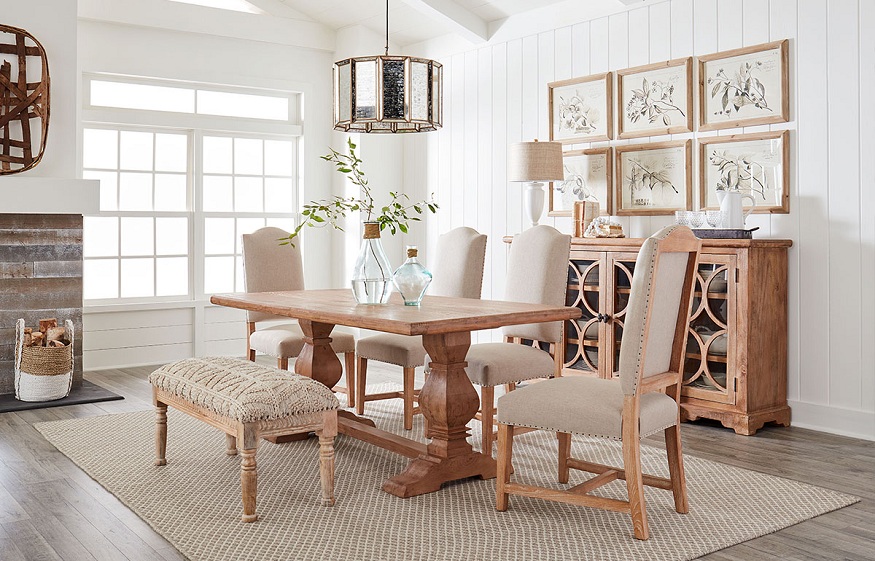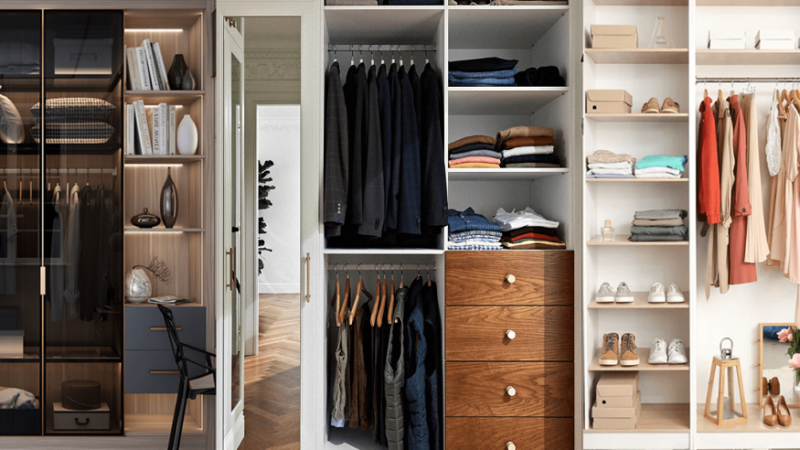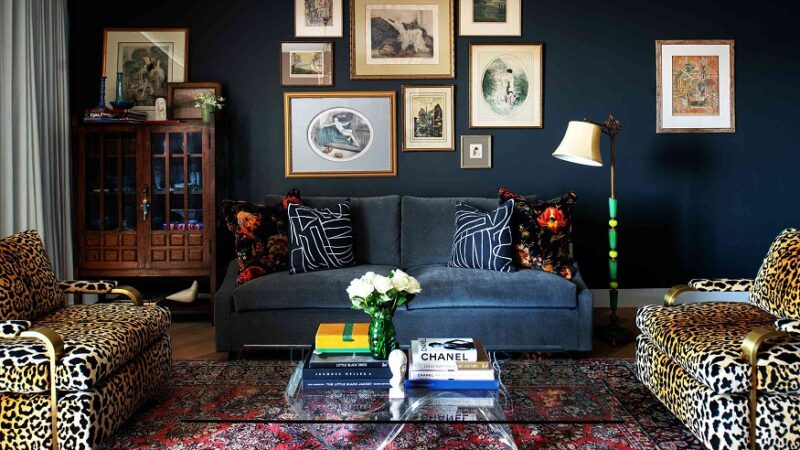Choosing the Best Wood for a Custom Made Live Edge Table

Custom made dining tables are centerpiece that adds character and elegance to any dining room. If you’re considering investing in a custom dining room table, one crucial aspect to pay attention to is the choice of wood. The right wood selection not only impacts the overall aesthetic appeal but also influences durability and functionality. In this beginner’s guide, we’ll explore the various factors to consider when selecting the best wood for your live edge dining room table.
Considerations for Choosing the Right Wood
Understanding the Key Factors
When selecting wood for your custom dining tables, several essential factors come into play. Let’s examine each of these factors to ensure you make an informed decision.
1. Style and Aesthetics:
The wood you choose should align with your desired style and complement your existing interior décor. Consider factors such as color, grain patterns, and the overall appearance of the wood. Live edge tables offer a unique, natural look, with the edges of the wood slab preserved to showcase its natural beauty.
2. Durability:
Custom made dining tables are built to last for generations, so it’s crucial to select a wood species known for its durability. Hardwoods like oak, walnut, maple, and cherry are popular choices due to their inherent strength and resistance to wear and tear. These woods can withstand daily use, spills, and even temperature and humidity fluctuations.
3. Maintenance:
Different woods require varying levels of maintenance. Some may require regular sealing or polishing, while others naturally develop a patina over time. Consider your preferred level of maintenance and choose a wood that fits your lifestyle and maintenance preferences.
Popular Wood Species for custom wood dining table
Exploring Your Options
Now that we understand the key factors let’s delve into some popular wood species for custom made live edge tables:
1. Oak:
Known for its strength and durability, oak is a classic choice for custom dining tables. Its prominent grain patterns and warm tones add a timeless appeal to any space.
2. Walnut:
Walnut offers a rich, dark brown color with beautiful grain patterns. It is prized for its natural elegance and is often selected for high-end custom dining room tables.
3. Maple:
Maple is a light-colored wood known for its durability and versatility. Its fine, consistent grain adds a touch of sophistication to any custom made dining table.
4. Cherry:
Cherry wood features a reddish-brown hue that deepens over time, creating a stunning patina. Its smooth texture and attractive grain make it a popular choice for custom dining tables.
Matching Wood Characteristics with Your Needs
Finding the Perfect Fit
Consider your specific needs and preferences when selecting the wood for your custom live edge table. Here are some additional factors to consider:
1. Budget:
Different wood species come with varying price points. Set a budget and explore options within that range. Remember that investing in high-quality wood is a worthwhile choice for a long-lasting custom dining table.
2. Functionality:
Consider how you intend to use your custom dining tables. If you anticipate heavy use, choose a wood that is known for its durability and resistance to scratches and stains. Additionally, some woods are more suitable for outdoor use or specific environments.
Conclusion:
Choosing the best wood for your custom made live edge table is an exciting process that can greatly enhance your dining experience. By considering factors such as style, durability, maintenance, and your specific needs, you can find the ideal wood species that matches your vision for a custom dining room table. Whether you opt for oak’s classic charm, walnut’s timeless elegance, maple’s versatility, or cherry’s rich patina, your custom live edge table will undoubtedly become the heart of your dining room.






